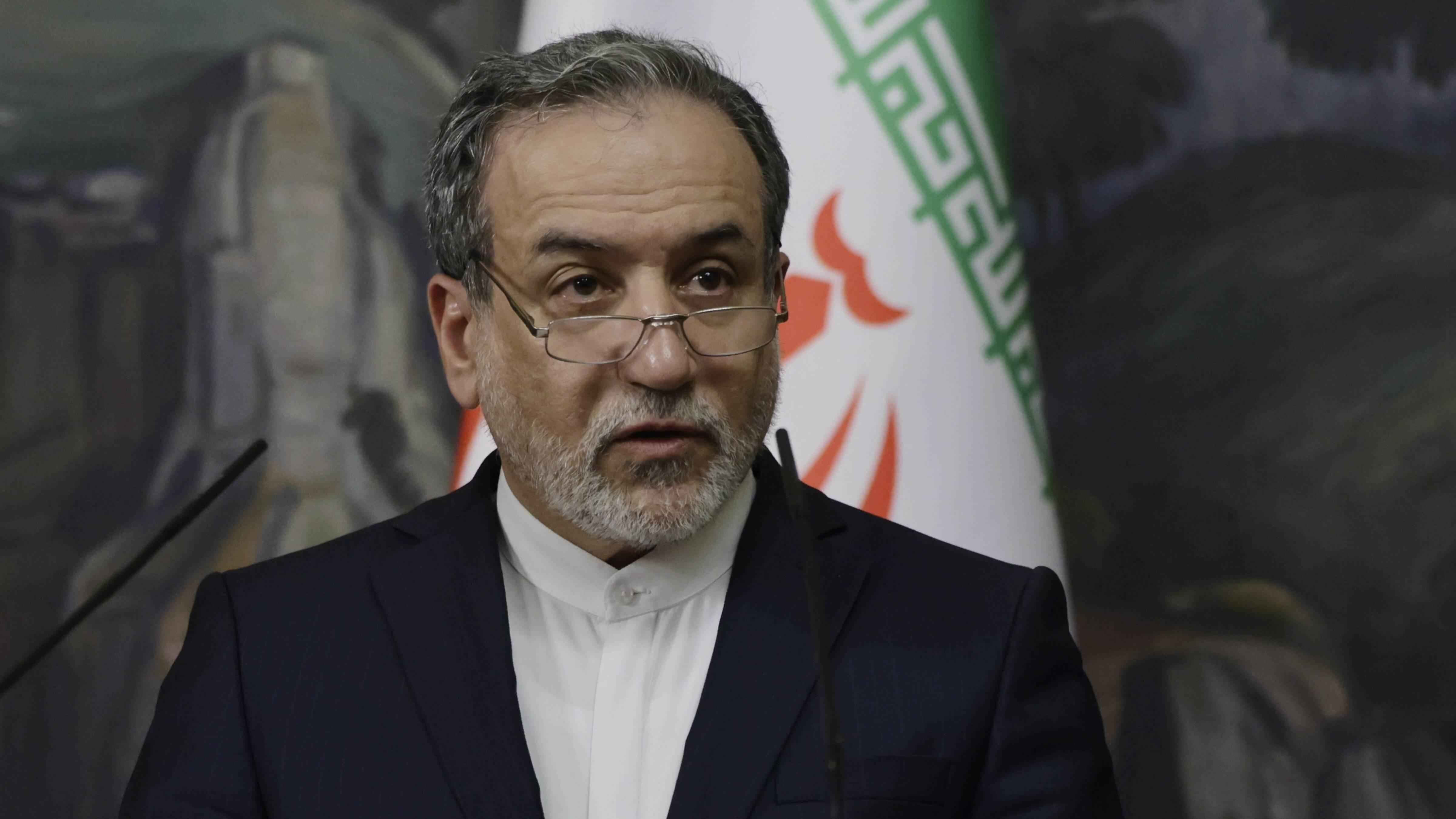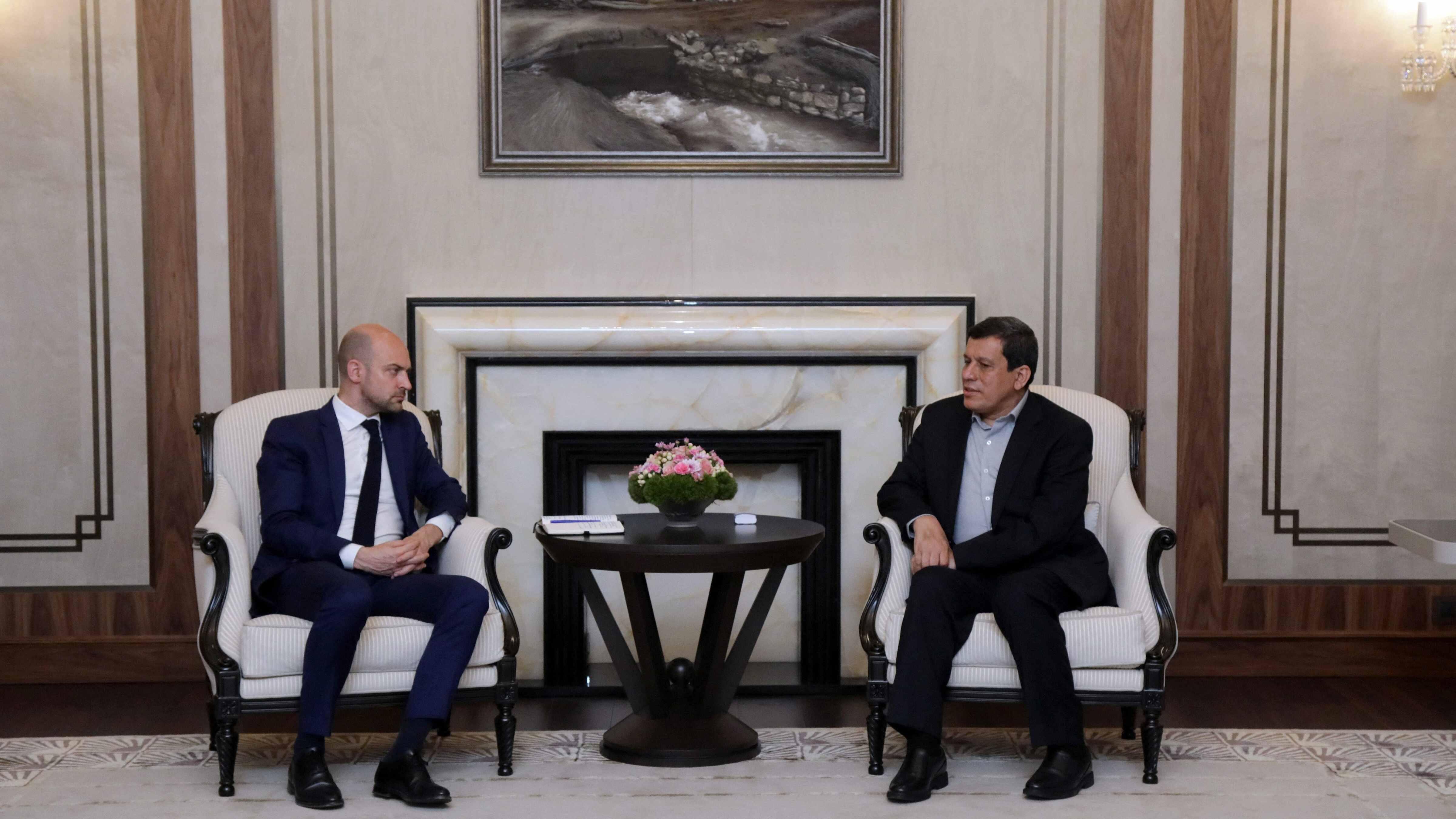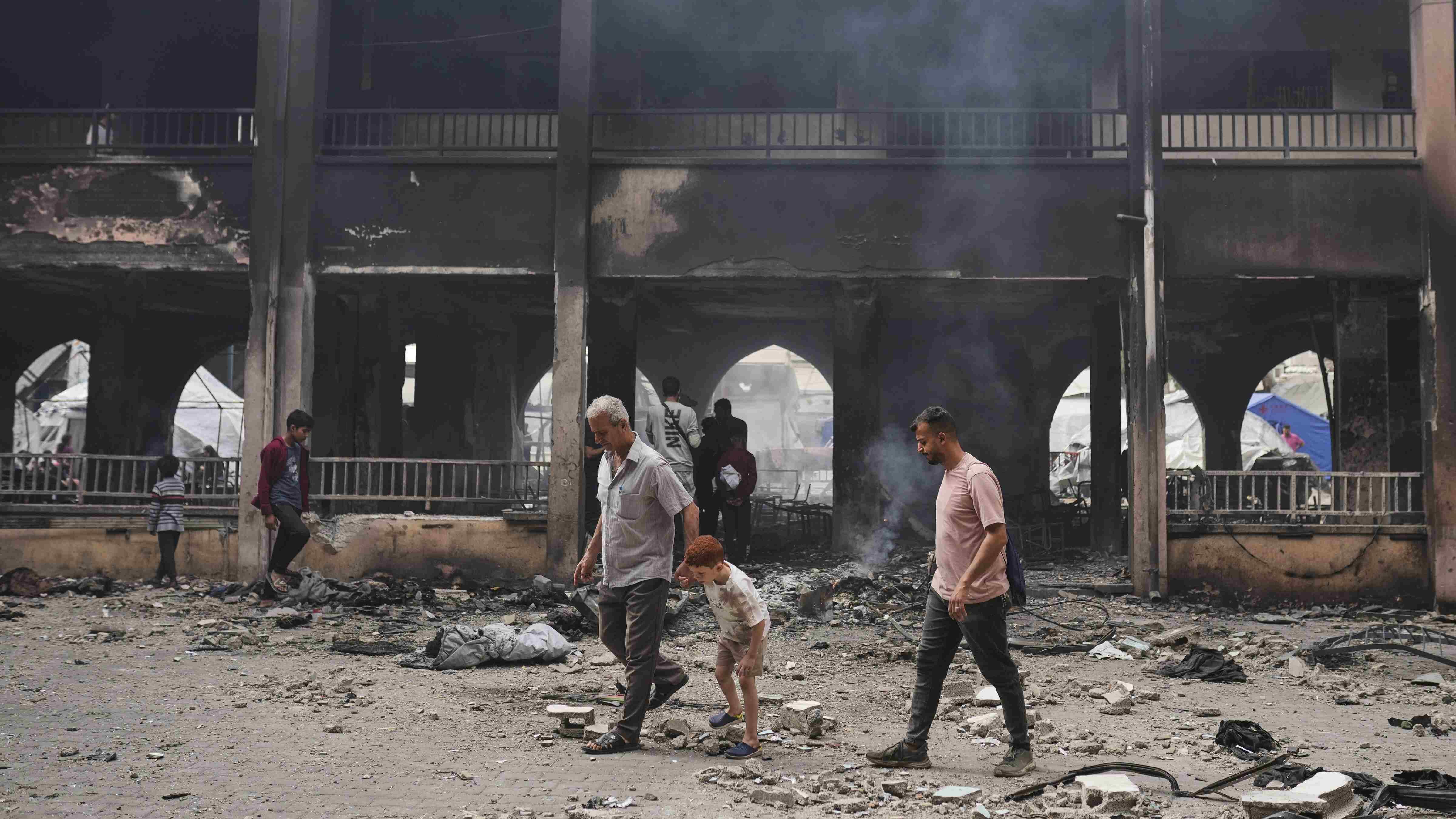Turkish Islamists’ dilemma
The kidnapping of two Turkish Airlines (THY) pilots in Beirut, and the recent deadly bombing of a building attached to the Turkish Embassy in Mogadishu have clearly shaken supporters of the Justice and Development Party (AKP). These two incidents show again how the Recep Tayyip Erdoğan government’s desire to use Islamic solidarity as a means of expanding Turkey’s regional influence was predicated on the wrong assumptions.
This dilemma for Turkish Islamists became very apparent with the Arab Spring, which has now soured seriously because of an inability by Islamists to comprehend the meaning of genuine democracy. This dilemma is also fueled by some basic facts to do with Turkey’s identity and traditional orientation.
We all recall how Erdoğan had angrily questioned what business NATO had in Libya, for example, giving the impression that Turkey was the member of an opposing alliance. We all also recall how that ended after anti-Moammar Gadhafi elements started protesting Ankara, and blaming it for delaying NATO’s intervention.
These protestors were immediately labeled as “Western lackeys” by Erdoğan’s supporters. The same supporters, however, had little to say after the wind changed, and Erdoğan went out of his way to try and convince the Libyan opposition that Turkey was not just a NATO member, but also an active participant in the alliance’s operation against Gadhafi.
Another case in this respect is the support for Somalia by the Erdoğan government in the name of Islamic solidarity. Western diplomats were also complaining that Turkish embassy personnel in Mogadishu were also in contact with the al-Qaeda-affiliated group known as al-Shabaab.
It seemed to be a case of “let the snake that does not bite me live a thousand years,” as the Turkish saying goes. When the snake bit, however – as it did recently with the car bomb by al-Shabaab that targeted a Turkish embassy building killing six people – the conspiracy mill turned again.
Islamist commentators claimed that the West, and in particular the U.S., was behind al-Shabaab. Logic and reason had flown out the window once again for the sake of a skewed interpretation of events. Nor did the Islamist press have the decency to print letters of rebuttal sent by some Western embassies diplomatically explaining the nonsense of what was being claimed.
The biggest miscalculation by Turkey’s Islamists, and of course the Erdoğan government, was the inability to comprehend the deep animosity that exists in the Middle East along sectarian lines. This miscalculation landed Turkey in the situation it is in vis-à-vis Syria today. The kidnapping of the THY pilots in Lebanon is an extension of this too, as is the souring of ties between Ankara and Tehran.
The failure of Egypt’s first experiment with democracy also left Turkish Islamists in a quandary. The prime reason for the solidarity being shown with the Muslim Brotherhood, and ousted President Mohamed Morsi, today is Islam, of course. This solidarity, however, is being justified in the name of democracy.
But those that do so are not ready to speak out for the lack of democracy across the length and breadth of the Middle East, or the Islamic world as a whole. In other words, “democracy” as a concept appears to be no more than an instrument which is invoked according to how a particular need emerges.
It is not surprising, therefore, that the same quarters that are waxing lyrical about democracy in Egypt should claim that the use of the democratic right to protest the government in Turkey is the product of a Western conspiracy which justifies the use of disproportionate police force.
It is time, however, for Islamists to see what is really happening in the Middle East, and to return to Turkey’s age-old search for a genuinely advanced and pluralistic democracy. They will be much more convincing then when they talk about the need for democracy in Egypt and other Islamic countries.











